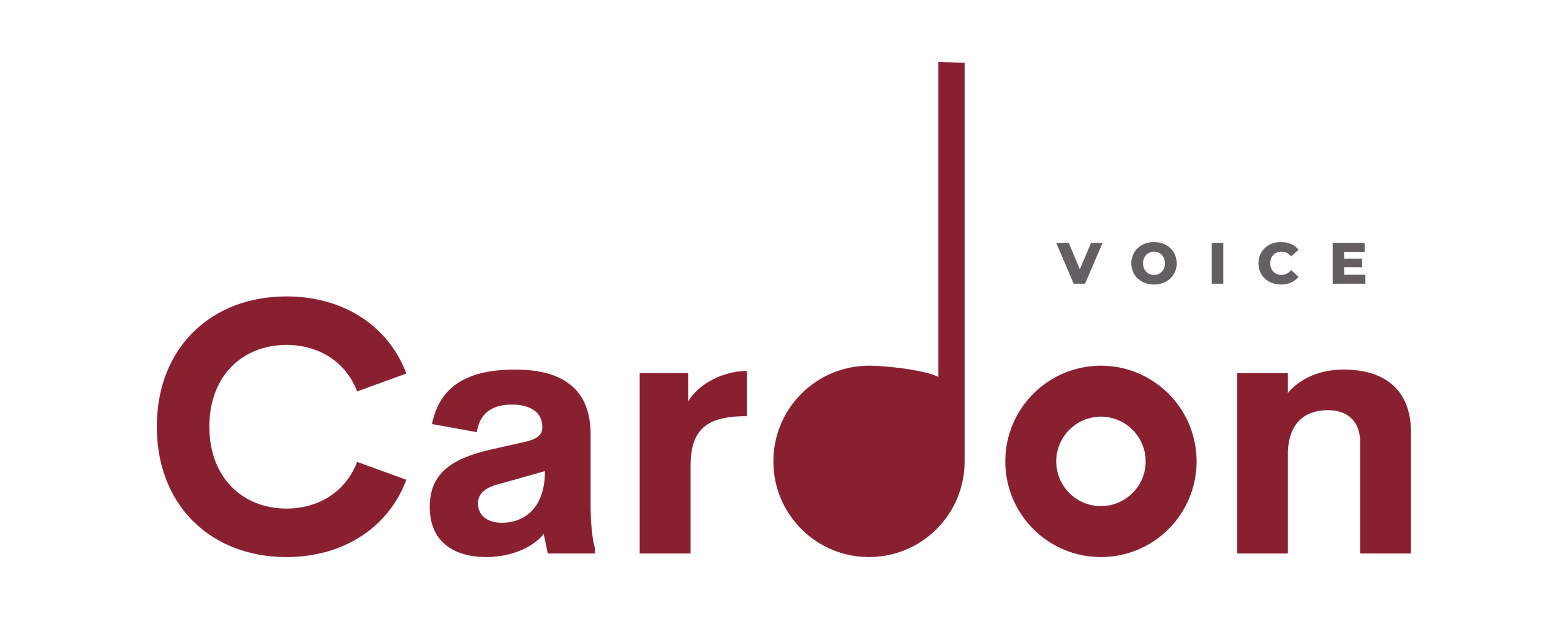If you’ve ever tackled a big project before, you know that a step-by-step plan can really save the day. From home repair to balancing your budget, focusing only on the end result could leave you feeling like you don’t know where to start. Grab your big ideas head-on by breaking big goals down into smaller stepping stones.
Seems logical enough, right? But, many beginning musicians fail to look at the long-term goal in this way! Before you dive into singing those challenging show-stoppers, take the time to build your vocal foundation. Basic understanding of your instrument can seriously impact how quickly and how well you learn to sing a new song (and remember, muscle memory is strong– for some singers, learning a song with bad technique can make it nearly “unsingable”, even later on when your technique improves! It is very hard to “unlearn” vocal bad habits, so save yourself the trouble!)
So, where to start? For most singers, unlocking the first level of basic proficiency with your singing will include these fundamentals:
- Understand breathing for the style of singing you’re focused on
- Identify your vocal range and/or voice type
- Promote muscle coordination and flexibility throughout your full range
These three elements may sound simple at the onset, but as you dive into them, you’ll likely find that each is its own can of worms. This is where the guidance of a knowledgeable teacher really pays off! Your teacher can also help you create a practice routine of exercises that specifically address any areas of weakness in these basic skills. Just like many other physical activities, focused attention on muscle coordination is the name of the game! As you begin to get a handle on your voice, consistency is key– your muscles themselves, and perhaps even more importantly, your ability to make conscious choices about your sound, will strengthen over time, but only if you constantly reinforce positive changes. From there, you’ll be able to easily take this coordination into the challenging songs you’re wanting to sing.
Knowing your personality type and learning style can help to inform the best practice routine for you as well. Are you more focused in the morning or in the evening? Do you work well in short inspired spurts, or do you need to fully immerse yourself for longer periods to feel successful? While some argue that more frequent shorter bursts are best for most students to see results most quickly, for those who have trouble transitioning within their daily routine, longer but less frequent sessions may be more effective– whichever is correct for you as a person will be what is best for you as a singer! Regardless of the timing of your weekly practice routine, setting a goal for each session is paramount— whether it’s to be very decisive about when and how to breathe in your new song, or to focus only on your memorization and presentation skills, or even to analyze the lyrics and look for new places to bring a more nuanced interpretation or more interesting vocal texture. Practice goals help keep you from getting distracted and spinning in circles! At the end of each session, you will feel successful and have the clarity you need to set your goal for the next time.
As a new singer, you’ve probably got a vision of the type of singer you want to be. Fully visualize your future success: the style of music you want to be known for, the types of songs you want to tackle (even if they seem untouchable away right now), the artists you draw inspiration from, and the artistic message you want to share. From this vision, you can begin to identify the more specific musical skills (and other areas of your artistic persona) you should be working on to get there. Make a list and start checking off your progress to becoming the artist you want to be. Organization and diligence will manifest your future successes— you simply need to take the next step.
Need help getting started? Cardon Teachers have spent decades honing their own skills and have been trained to quickly recognize where you are in the progression. Let us help you assess, plan, and grow! Learn more about membership here.

